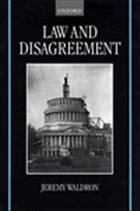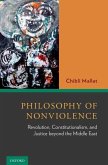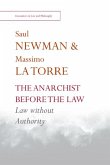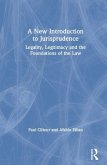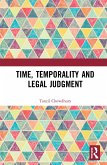The first tranche of essays is devoted to a theory of legislation, a theory which highlights the size, the scale and the diversity of modern legislative assemblies. Although legislation is often denigrated as a source of law, Waldron seeks to restore its tattered dignity. He deprecates the tendency to disparage legislatures and argues that such disparagement is often a way of bolstering the legitimacy of the courts, as if we had to transform our parliaments into something like the American Congress to justify importing American-style judicial reviews. Law and Disagreement redresses the balances in modern jurisprudence. It presents legislation by a representative assembly as a form of law making which is especially apt for a society whose members disagree with one another about fundamental issues of principle, for it is a form of law making that does not attempt to conceal the fact that our decisions are made and claim their authority in the midst of, not in spite of, our political and moral disagreements. This timely rights-based defence of majoritarian legislation will be welcomed by scholars of legal and political philosophy throughout the world.
Author Jeremy Waldron has thoroughly revised thirteen of his most recent essays in order to offer a comprehensive critique of the idea of the judicial review of legislation. He argues that a belief in rights is not the same as a commitment to a Bill of Rights. This book presents legislation by a representative assembly as a form of law making which is especially apt for a society whose members disagree with one another about fundamental issues of principle.
Hinweis: Dieser Artikel kann nur an eine deutsche Lieferadresse ausgeliefert werden.
Author Jeremy Waldron has thoroughly revised thirteen of his most recent essays in order to offer a comprehensive critique of the idea of the judicial review of legislation. He argues that a belief in rights is not the same as a commitment to a Bill of Rights. This book presents legislation by a representative assembly as a form of law making which is especially apt for a society whose members disagree with one another about fundamental issues of principle.
Hinweis: Dieser Artikel kann nur an eine deutsche Lieferadresse ausgeliefert werden.
